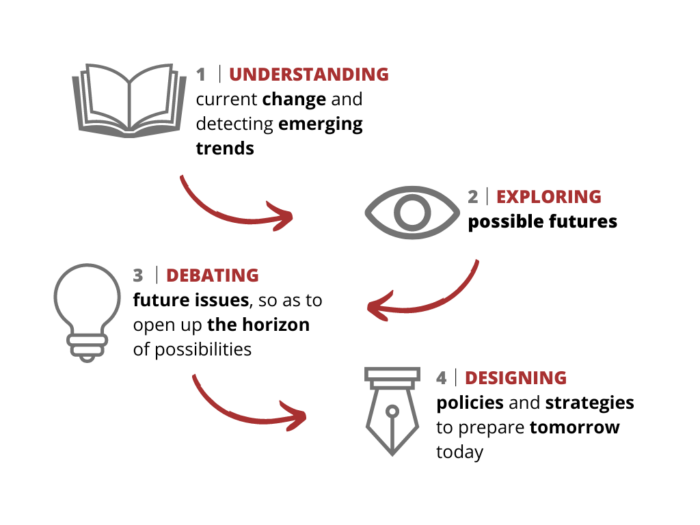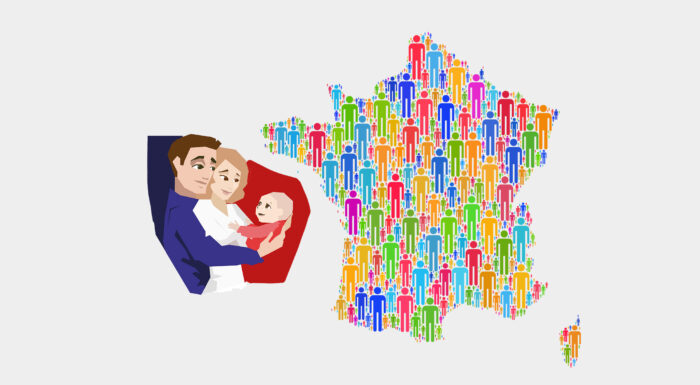France in Search of a Health System
In his article Claude Béraud first gives us a critical overview of the dynamics of the demand for a health system. He then analyses the content of the reform passed in 1995. Finally, he evaluates the possible effects of this reform and, depending on how it is accepted by healthcare professionals, its possible mid- and long-term evolution.
The critical overview spares no one. France does not have a health care system. The “system” has developed in the context of a biomedical model which, with the help of science and technology, is marked by inflation of supply and demand. It is ineffective, inefficient and collectively suicidal, since it is engendered by the private interests (of the sick and the health care professionals) in total disregard of any common good. This collective irresponsibility, by allowing social actors to “spend without accountability”, leads to a galloping medical population, ill-adapted, disorganised and as a consequence, rapid growth of expenditures without progress to show for it.
The reform of 1995 aims to find a solution to the increasing deficit of the health insurance plan, proposing a new financing program and, mainly, more control over expenditures: on the one hand by introducing a more coherent and effective health care system and, on the other, by setting up an evaluation and monitoring system.
But the success of this reform will depend, Claude Béraud stresses, on its acceptance by health care professionals: if they cooperate, the reform could very well contribute to a more cost-effective heath care system performing for the benefit of the sick and society. If not, the reform will fail and we shall either have two-tier medicine or we will have to nationalize it.
La France à la recherche d'un système de soins
Cet article fait partie de la revue Futuribles n° 215, déc. 1996



